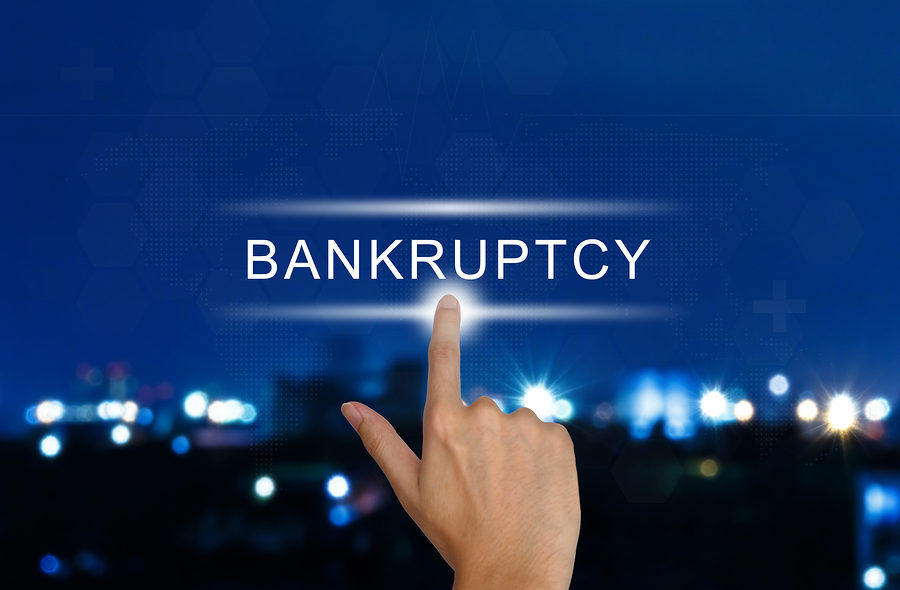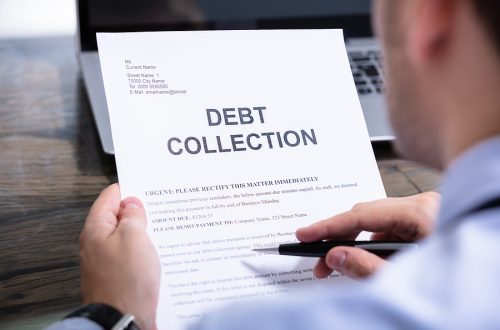Bankruptcy is an important tool, that allows consumers to obtain a fresh financial start. For many, the concept of bankruptcy is unfamiliar, and understanding the steps needed to file for bankruptcy is important in fully understanding the process.
Choosing a Chapter
The first step is determining which type of bankruptcy to pursue. Bankruptcy is not a one-size-fits-all type of situation. Choosing the right type of bankruptcy hinges a great deal on the individual’s specific circumstances. The most common two categories used by consumers are Chapter 7 and Chapter 13 bankruptcy. For filers who fall under a certain level of income and can pass the mean test, meaning they earn less than Florida’s median income, Chapter 7 bankruptcy is the best selection for them. Alternatively, if a consumer earns too much to qualify for Chapter 7, a Chapter 13 reorganization bankruptcy may be the best avenue for him or her.
Collect Financial Documents
Once the type of bankruptcy is chosen, the next step is to accumulate all the documentation needed to file. This documentation includes pay stubs for the previous six months, income tax returns for the previous two tax years, a consumer credit report, and financial statements from the filer’s bank, retirement, or brokerage accounts. Important documentation also includes mortgage statements, vehicle registration, and any documents showing the person’s debts, assets and income.
Pre-Bankruptcy Credit Counseling
All filers must take a credit counseling course prior to filing. This course must be completed at least six months before filing if the individual is choosing Chapter 7 or Chapter 13. A fee is associated with taking this course, but it is possible to have the fee waived. The certificate of completion is needed prior to filing the bankruptcy petition with the court.
Filing the Petition
Once all the necessary paperwork has been collected and the credit counseling course completed, the next step is to complete the bankruptcy petition and submit it. These forms can be completed by the filer, although it is usually recommended that an experienced bankruptcy attorney help fill these out to ensure that the petition is not later rejected. A bankruptcy filing fee is required. In 2021, a Chapter 7 bankruptcy case costs $338 to file, and a Chapter 13 costs $313 to file. The filer can request a fee waiver under certain circumstances, or the fee can sometimes be paid in installments.
Work with Bankruptcy Trustee
Once the case has started and automatic stay issued, the filer then needs to work with the bankruptcy trustee throughout the case, especially if the matter is a Chapter 13 bankruptcy case. The trustee will help the individual prepare the repayment plan needed to pay back creditors over the course of the case, and the trustee will also assist in liquidation of assets not covered by exemptions.
Second Credit Counseling Course
Once the case has started and in order for it to be successful, the filer must complete a debtor education course either online or by phone. Once completed, the certificate will need to be filed with the court before everything is over. The certificate is required for the discharge to be issued.
Meeting of Creditors
Before the case is finalized, the filer must also attend his or her 341 meeting of creditors. This meeting tends to be brief in length, lasting up to ten minutes, and it can be completed online during the COVID-19 pandemic. The filer will need to verify his or her identity with the court so the person’s identification and Social Security card will be needed during the meeting.
Bankruptcy Discharge
Once all requirements have been met and all debts handled under either the Chapter 7 bankruptcy case or Chapter 13 repayment plan, a bankruptcy discharge is issued. The official discharge letter will come two to three months after the 341 meeting, and this discharge will relieve the filer of all qualifying debts.
Please click here to read more.
If you have questions on this topic or are in financial crisis and considering filing for bankruptcy, contact an experienced Miami bankruptcy attorney who can advise you of all of your options. As an experienced CPA as well as a proven bankruptcy lawyer, Timothy Kingcade knows how to help clients take full advantage of the bankruptcy laws to protect their assets and get successful results. Since 1996 Kingcade Garcia McMaken has been helping people from all walks of life build a better tomorrow. Our attorneys’ help thousands of people every year take advantage of their rights under bankruptcy protection to restart, rebuild and recover. The day you hire our firm, we will contact your creditors to stop the harassment. You can also find useful consumer information on the Kingcade Garcia McMaken website at www.miamibankruptcy.com.


